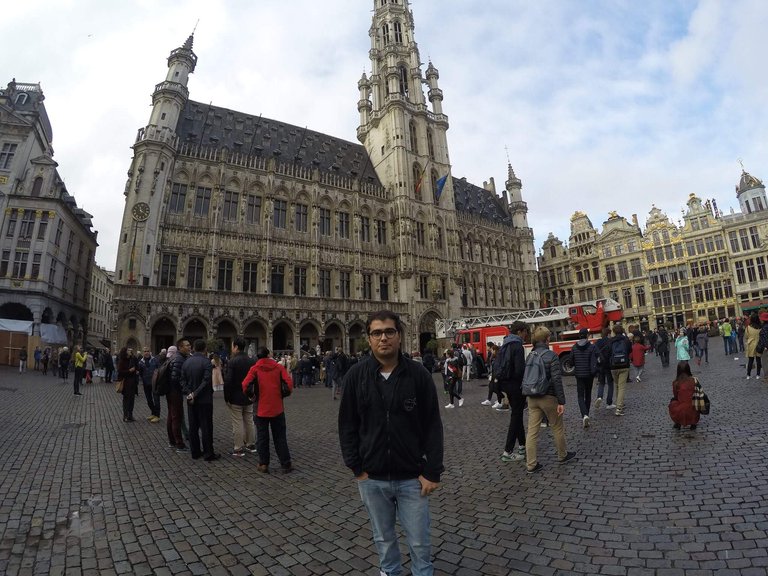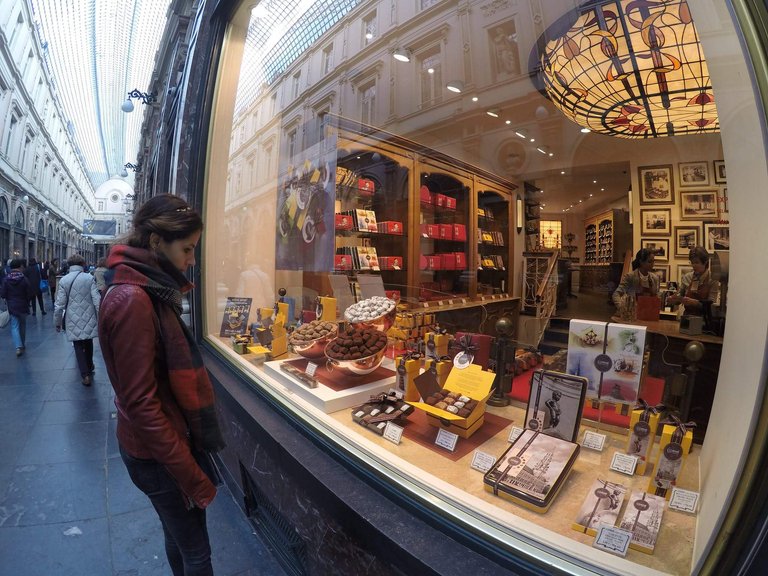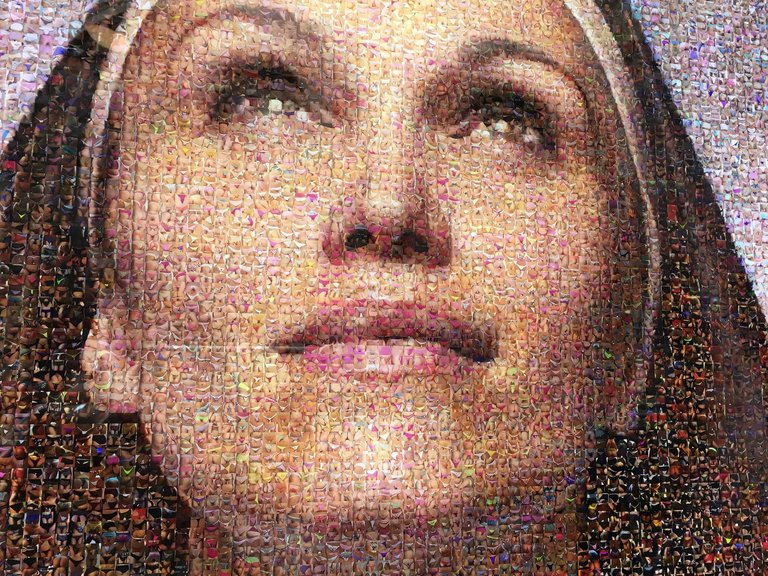Historically, Belgium, the Netherlands andLuxembourg (along with parts of Northern France and Western Germany) were known as the Low Countries; it once covered a somewhat larger area than the currentBenelux group of states. The region was called Belgica in Latin, after the Roman province of Gallia Belgica. From the end of theMiddle Ages until the 17th century, the area of Belgium was a prosperous and cosmopolitan centre of commerce and culture. From the 16th century until the Belgian Revolution in 1830, when Belgium seceded from theNetherlands, the area of Belgium served as the battleground between many European powers, causing it to be dubbed the "Battlefield of Europe,"[7] a reputation strengthened by both world wars.
Today, Belgium is a federal constitutional monarchy with a parliamentary system of governance. It is divided into three regions and three communities, that exist next to each other. Its two largest regions are the Dutch-speaking region of Flanders in the north and the French-speaking southern region ofWallonia. The Brussels-Capital Region is an officially bilingual (French and Dutch) enclavewithin the Flemish Region.[8] A German-speaking Community exists in eastern Wallonia.[9][10] Belgium's linguistic diversity and related political conflicts are reflected in its political history and complex system of governance, made up of six different governments.[11][12]
Belgium participated in the Industrial Revolution[13][14] and, during the course of the 20th century, possessed a number of colonies in Africa.[15] The second half of the 20th century was marked by rising tensions between the Dutch-speaking and the French-speaking citizens fueled by differences in language and culture and the unequal economic development of Flanders and Wallonia. This continuing antagonism has led to several far-reaching reforms, resulting in a transition from a unitary to a federalarrangement during the period from 1970 to 1993. Despite the reforms, tensions between the groups have remained, if not increased; there is significant separatism particularlyamong the Flemish; controversial language laws exist such as the municipalities with language facilities;[16] and the formation of a coalition government took 18 months following the June 2010 federal election, a world record.[17] Belgium is one of the six founding countries of the European Union and hosts the official seats of the European Commission, Council of the European Union, and European Council, as well as a seat of the European Parliament in the country's capital, Brussels. Belgium is also a founding member of the Eurozone, NATO, OECD and WTO, and a part of the trilateral Benelux Union. Its capital, Brussels, hosts several of the EU's official seats as well as the headquarters of many major international organizations such asNATO.[nb 1] Belgium is also a part of theSchengen Area. Belgium is a developed country, with an advanced high-income economy and is categorized as "very high" in the Human Development Index.
The photos are from My own Archive and I used wiki for my text!


 https://en.m.wikipedia.org/wiki/Belgium
https://en.m.wikipedia.org/wiki/Belgium